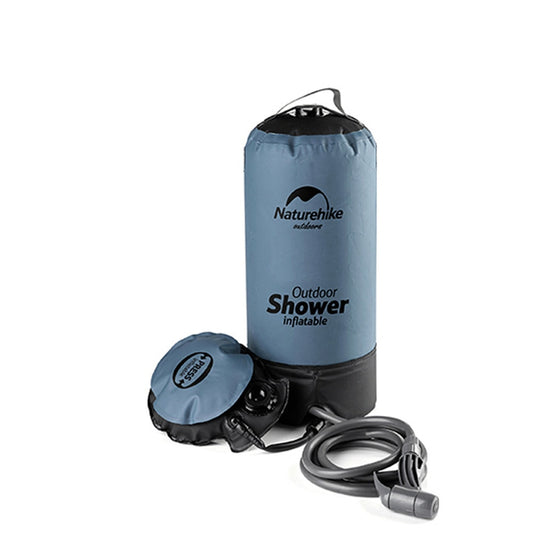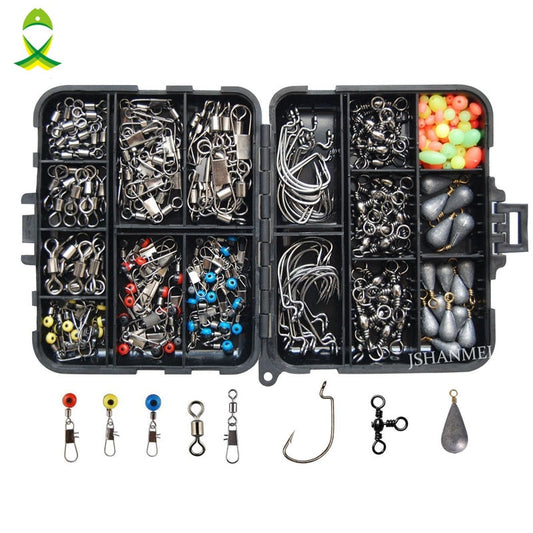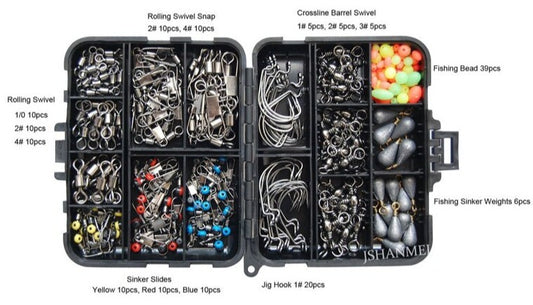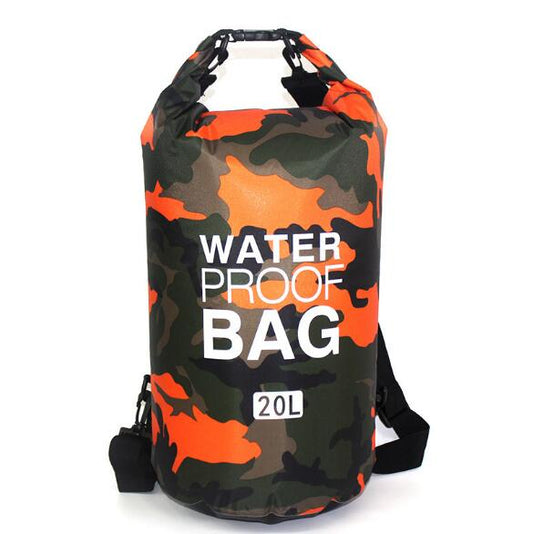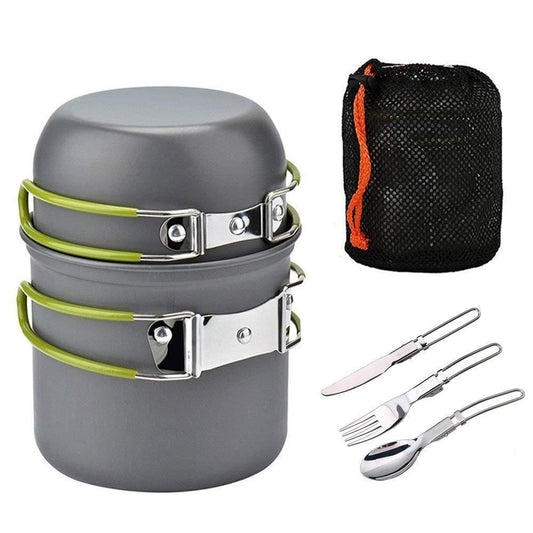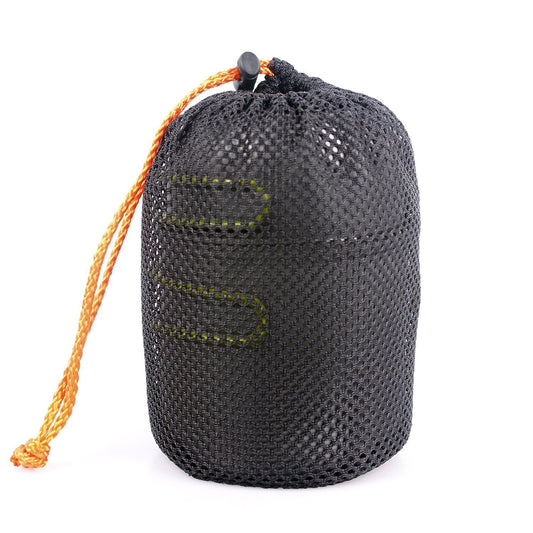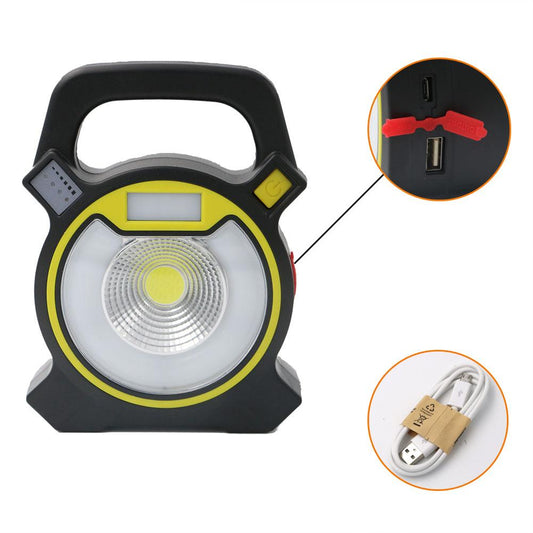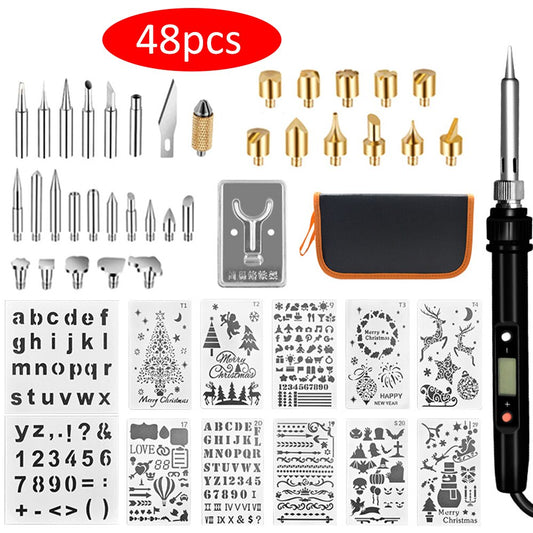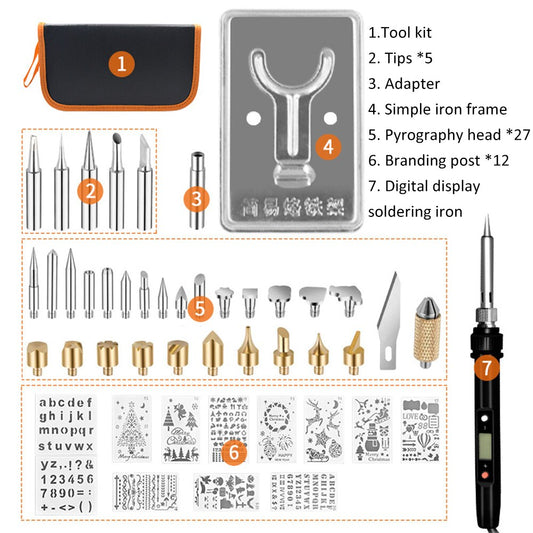
How To Survive Everything Apocalyptic, Part 2
Share
In part 1 of How To Survive Everything Apocalyptic we talked about how knowing economics can provide strategies in creating a new community. Provide ways to not just survive this apocalyptic situation, but provide value and resources in a way that can help you to thrive.
This is How To Survive Everything Apocalyptic, Part 2 and we'll continue to discuss how economic concepts can help you thrive in an apocalyptic emergency situation.
If you're new after the apocalyptic world is limited in resources, you'll need to establish limits that demands production, specialization and trade. You'll need to determine who is going to be best and heading up each of these roles. The role of barter, money and markets as these are going to be the biggest way of organizing your economic growth.
Limited resources economics is also thought of as the study of scarcity. In turn, scarcity is the fundamental problem of what the human wants compared to the actual amount of limited resources available.
In a world of limited resources economics can be considered the study of scarcity. When resources are scarce, people in your community will have to make, potentially life saving, choices on how those resources will be used. Weighing the estimated benefits against the costs.
One way to calculate the estimated cost of a resources is to determine the value of the next best resource and its use. When you specialize in producing something that others may not have, trade becomes very valuable to create a thriving community.
There are three different forms of economic trades:
- Zero-Sum Trade - win-loss. One side wins and the other loses in the trade deal.
- Negative-Sum Trade - lose-lose. The losses of the trade outweigh the gains on both sides of the trade.
- Positive-Sum Trade - win-win. The gains of both sides of the trade outweigh the losses
One of the biggest issues of trade is the clear line of property rights. In an apocalyptical environment you may be forced to consistently defend your property. Unfortunately, scarce resources are often used as a reason to wage war, instead of just producing new goods and services. War usually ends up where both sides lose more resources than anything gained, causing a loss - loss trade scenario.
As 17th-century English philosopher Thomas Hobbes put it, The condition of man is a condition of war of everyone against everyone, in which case everyone is governed by his own reason, and there is nothing he can make use of that may not be a help unto him in preserving his life against his enemies. (Hobbes, 1651, p. 80)
Building trust in those that you trade with is paramount to having a successful long-term partnership. Therefor, being a trustworthy person with integrity is a must for both partners. Your choice in a trading partner can mean the difference between life and death. It's imperative to find a trading partner that not only needs what you can produce, but also can produce things that you need.
Three questions you need to ask is:
- What is being produced and by who
- How are things being produced
- Who gets those things that are being produced
Once those answers are established you need to discover a way to spread that information and coordination to others, so valuable trades can take place.
As those connections are made, the next step is to discover the value of each product or service that you want to trade or need to get in trade. A discussion on value may cause arguments, but is necessary. If there is a shortage of a certain supply, the rate of trade for that item will likely go up by those producing those items. Shortages and surpluses often occur, it's important to keep up with what is happening in the economy, so your future trades are realistic and fair.
Innovation is vital for economic growth to occur and is most likely to occur in a market-based economy. Market-based economies work well because they rely on the three Ps of private property, prices, and profit/loss motive which lead to the three Is of incentives, information, and innovation (Boettke, 2012).
When people own private property they have the incentive to use their resources wisely and sometimes cause those property owners to increase their goods and services. However, that is an informational signal that might cause others to trade less with that owner, causing a loss of the trade resources that the owner could have received.
Your potential output is what can be produced if you fully and efficiently utilize your natural resources, labor resources and capital resources. When resources are destroyed, potential output will decrease and your trade value goes down. When this happens you lack the economic freedom that provides a structure for people to thrive.
Economists conclude that paying attention to the resources available and the potential rate of trade ... can lead to economic growth and lower levels of poverty among your community. This will result in more win-win trades and encourage more growth and prosperity. Understanding these economic concepts are crucially important to having a community that is flourishing.
A society that forgets its history is doomed to repeat the mistakes of history.
I hope you enjoyed the second part of How to Survive Everything Apocalyptic. If you are in need of survival or prepping gear, feel free to check out our Prepping & Survival collection.





